How Quantum Computers Will Revolutionise Artificial Intelligence, Machine Learning And Big Data
2 July 2021
We produce 2.5 exabytes of data every day. That’s equivalent to 250,000 Libraries of Congress or the content of 5 million laptops. Every minute of every day 3.2 billion global internet users continue to feed the data banks with 9,722 pins on Pinterest, 347,222 tweets, 4.2 million Facebook likes plus ALL the other data we create by taking pictures and videos, saving documents, opening accounts and more.
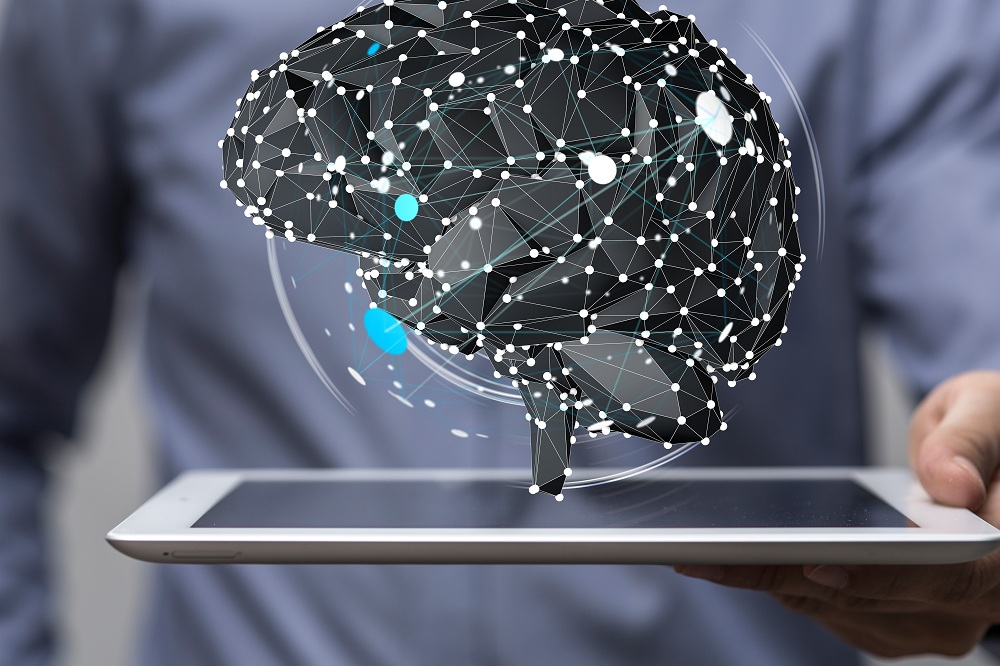
We are at the limits of the data processing power of traditional computers and the data just keeps growing. While Moore’s Law, which predicts the number of transistors on integrated circuits will double every two years, proved remarkably resilient since the term was coined in 1965, those transistors are now as small as we can make them with existing technology. That’s why there’s a race from the biggest leaders in the industry to be the first to launch a viable quantum computer that would be exponentially more powerful than today’s computers to process all the data we generate every single day and solve increasingly complex problems.
Quantum Computers Solve Complex Problems Quickly
Once one of these industry leaders succeed at producing a commercially viable quantum computer, it’s quite possible that these quantum computers will be able to complete calculations within seconds that would take today’s computers thousands of years to calculate. Today, Google has a quantum computer they claim is 100 million times faster than any of today’s systems. That will be critical if we are going to be able to process the monumental amount of data we generate and solve very complex problems. The key to success is to translate our real-world problems into quantum language.
The complexity and size of our data sets are growing faster than our computing resources and therefore place considerable strain on our computing fabric. While today’s computers struggle or are unable to solve some problems, these same problems are expected to be solved in seconds through the power of quantum computing. It’s predicted that artificial intelligence, and in particular machine learning, can benefit from advances in quantum computing technology, and will continue to do so, even before a full quantum computing solution is available. Quantum computing algorithms allow us to enhance what’s already possible with machine learning.
Quantum Computers Will Optimise Solutions
Another way quantum computing will facilitate a revolution will be in our ability to sample the data and opti mise all kinds of problems we encounter from portfolio analysis to the best delivery routes and even help determine what the optimal treatment and medicine protocol is for every individual.
We are at a point with the growth of big data that we have changed our computer architecture which necessitates the need for a different computational approach to handling big data. Not only is it larger in scope, but the problems we’re trying to solve are very different. Quantum computers are better equipped to solve sequential problems efficiently. The power they give businesses and even consumers to make better decisions might just be what’s needed to convince companies to invest in the new technology when it becomes available.
Quantum Computers Could Spot Patterns in Large Data Sets
Quantum computing is expected to be able to search very large, unsorted data sets to uncover patterns or anomalies extremely quickly. It might be possible for the quantum computers to access all items in your database at the same time to identify these similarities in seconds. While this is theoretically possible today, it only happens with a parallel computer looking at every record one after another, so it takes an incredible amount of time and depending on the size of the data set, it might never happen.
Quantum Computers Could Help Integrate Data from Different Data Sets
Additionally, big breakthroughs are expected when quantum computers are available due to the integration of very different data sets. Although this may be difficult without human intervention at first, the human involvement will help the computers learn how to integrate the data in the future. So, if there are different raw data sources with unique schema attached to them (terminology and column headers) and a research team wants to compare them, a computer would have to understand the relationship between the schemas before the data could be compared. In order to accomplish this, breakthroughs in the analysis of the semantics of natural language need to happen, one of the biggest challenges in artificial intelligence. However, humans can give input which then trains the system for the future.
The promise is that quantum computers will allow for quick analysis and integration of our enormous data sets which will improve and transform our machine learning and artificial intelligence capabilities.
Related Articles
The 8 Biggest Healthcare Technology Trends To Watch In 2026
By now, “smart” versions exist of just about every home appliance, gadget and gizmos we can think of. However, manufacturers continue[...]
The 5 Robotics Trends In 2026 You Must Get Ready For Now
By now, “smart” versions exist of just about every home appliance, gadget and gizmos we can think of. However, manufacturers continue[...]
Is Autonomous Driving Ever Going To Happen?
By now, “smart” versions exist of just about every home appliance, gadget and gizmos we can think of. However, manufacturers continue[...]
AI And The End Of Progress? Why Innovation May Be More Fragile Than We Think
By now, “smart” versions exist of just about every home appliance, gadget and gizmos we can think of. However, manufacturers continue[...]
Dreamforce 2025: Why I’m Excited About Salesforce’s Agentic Enterprise Revolution
By now, “smart” versions exist of just about every home appliance, gadget and gizmos we can think of. However, manufacturers continue[...]
The Top 5 Technology Trends For 2026
By now, “smart” versions exist of just about every home appliance, gadget and gizmos we can think of. However, manufacturers continue[...]
Sign up to Stay in Touch!
Bernard Marr is a world-renowned futurist, influencer and thought leader in the fields of business and technology, with a passion for using technology for the good of humanity.
He is a best-selling author of over 20 books, writes a regular column for Forbes and advises and coaches many of the world’s best-known organisations.
He has a combined following of 4 million people across his social media channels and newsletters and was ranked by LinkedIn as one of the top 5 business influencers in the world.
Bernard’s latest book is ‘Generative AI in Practice’.





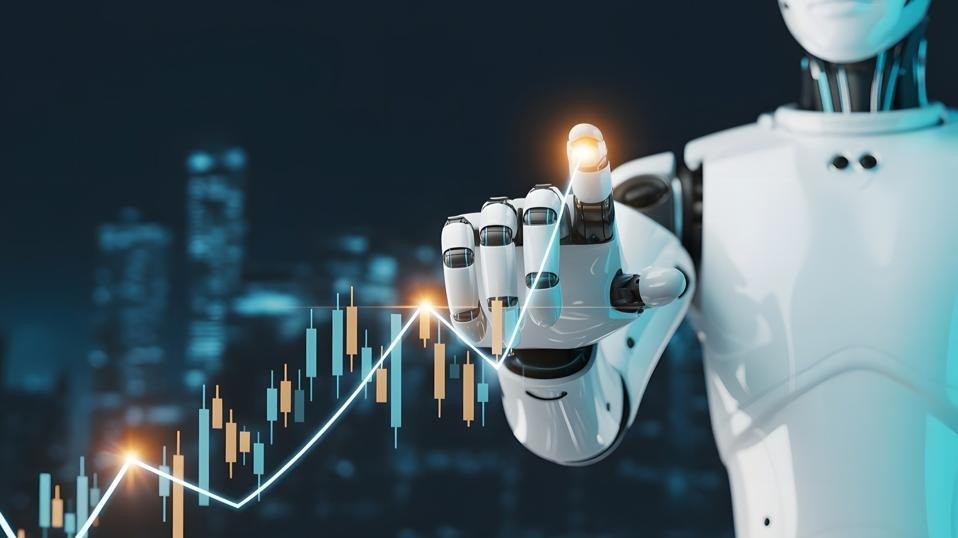
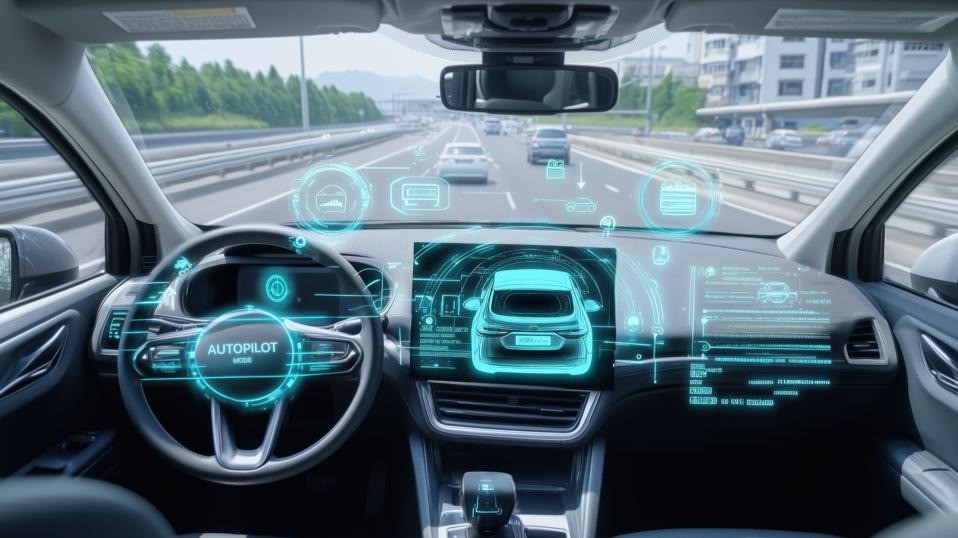
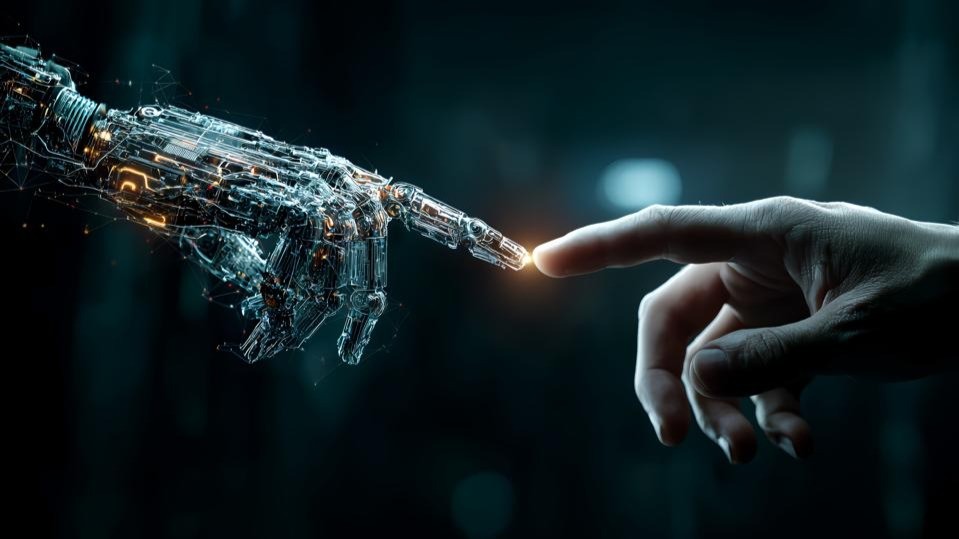
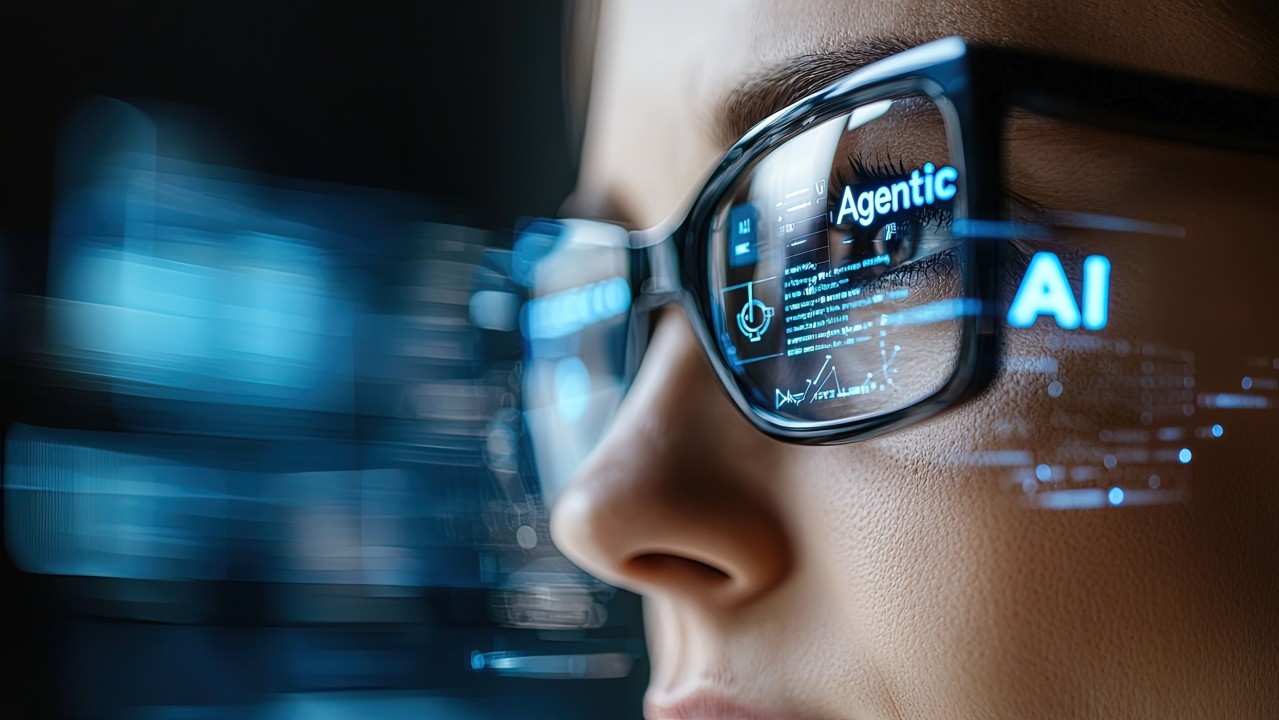

Social Media